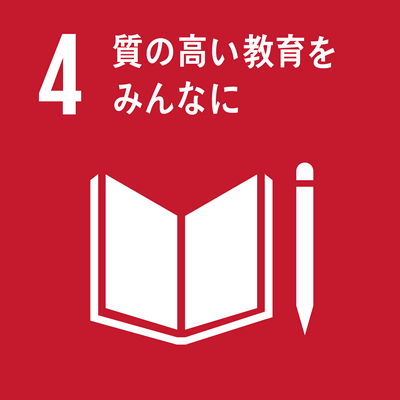シラバス表示
シラバスの詳細な内容を表示します。
→ 閉じる(シラバスの一覧にもどる)
科目の基本情報
| 開講年度 | 2024 年度 | |
|---|---|---|
| 開講区分 | 教育学部・大学が独自に設定する科目 | |
| 科目名 | 小学校の教科又は教職に関する科目 | |
| しょうがっこうのきょうかまたはきょうしょくにかんするかもく | ||
| Subject for elementary school or teaching profession | ||
| 受講対象学生 |
教育学部, A 類 他類の学生の受講可 学部(学士課程) : 1年次, 2年次, 3年次, 4年次 ~74 期生 ・主対象コース以外(B・C・D類)も受講可。 ・「卒業資格履修単位一覧」に掲載していない学年も履修できます。 |
|
| 卒業要件の種別 | その他 |
|
| 授業科目名 | 早期英語教育論 | |
| そうきえいごきょういくろん | ||
| Fundamentals of Language Acquisition | ||
| 単位数 | 2 単位 | |
| ナンバリングコード | educ-engl-ENGL2543
|
|
| 開放科目 | 非開放科目 | |
| 開講学期 |
後期 |
|
| 開講時間 |
月曜日 9, 10時限 |
|
| 授業形態 |
対面授業 * 状況により変更される可能性があるので定期的に確認して下さい
「オンライン授業」・・・オンライン会議ツール等を利用して実施する同時双方向型の授業 |
|
| 開講場所 | 教育学部専門校舎 1号館 | |
| 担当教員 | ケント・スコット(教育学部特任教員) | |
| Kent Scott | ||
| SDGsの目標 |
|
|
| 連絡事項 | * 状況により変更される可能性があるので定期的に確認して下さい |
|
学修の目的と方法
| 授業の概要 | Second language acquisition is a field that presents many challenges for teachers especially if the teachers are new to methods of language acquisition. Elementary school teachers and teachers of other levels should know how languages are learned and be able to apply that knowledge to their classrooms. |
|---|---|
| 学修の目的 | This course is designed to prepare future teachers for the challenges of teaching a second language to young students. We will start with the basic theory of language learning and go on to explore various methods to bring the theories to the classroom. We will create lessons and activities that we can use for the rest of our teaching careers. |
| 学修の到達目標 | After completion of this course, students will: 1) Have a firm grasp on the fundamentals of second language acquisition and the tools to explore the subject more deeply as desired. 2) Have experience in applying theory making practical classroom lessons and activities. |
| ディプロマ・ポリシー |
|
| 成績評価方法と基準 | Evaluation 25% Classroom Participation 25% Individual Lesson Plan Preparation 50% Individual Lesson Plan Presentation (Final) |
| 授業の方法 | 講義 演習 |
| 授業の特徴 |
問題提示型PBL(事例シナリオ活用含) 問題自己設定型PBL プロジェクト型PBL 実地体験型PBL グループ学習の要素を加えた授業 その他、能動的要素を加えた授業(ミニッツペーパー、シャトルカードなど) |
| 授業アンケート結果を受けての改善点 | |
| 教科書 | No textbook used |
| 参考書 | Materials will be provided by the teacher |
| オフィスアワー | |
| 受講要件 | |
| 予め履修が望ましい科目 | |
| 発展科目 | |
| その他 |
授業計画
| MoodleのコースURL |
|---|
| キーワード | 教授法、成功する早期英語授業 |
|---|---|
| Key Word(s) | Learning language methodologies, successful English classes for young learners |
| 学修内容 | 1. Introduction to Language Acquisition 2. Teaching Theories: The Natural Method 3. Listening Foundations Part 1 4. Listening Foundations Part 2 5. Presentations using Listening Foundations 6. Pronunciation and Speaking Part 1 7. Pronunciation and Speaking Part 2 8. Presentations using Pronunciation and Speaking 9. Reading Part 1 10. Reading Part 2 11. Presentations using Reading 12. Writing Part 1 13. Writing Part 2 14. Presentations using Writing 15. Final Presentation Preparation: Practice and advise 16. Presentations and Evaluations (Final) |
| 事前・事後学修の内容 | Homework Homework will be given to students as needed to prepare for future lecture topics and for teaching projects. Homework will not be evaluated as such, but will likely affect class participation and lesson plan scores. |
| 事前学修の時間:45分/回 事後学修の時間:45分/回 |
